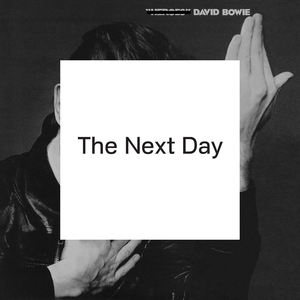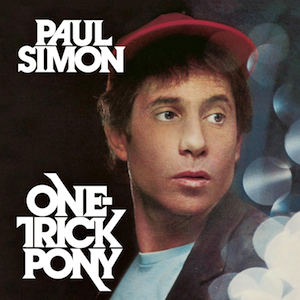
The Band’s history has been recounted several times, by them even, so we’re going to try not to go too deep into here. It should be said, however, that the years prior to recording their debut album were spent first toiling in the wake of Bob Dylan’s chemically infused 1966 tour, then finding their gig postponed while he recuperated from a motorcycle accident. Still on something of a retainer, they rented a couple of houses in the Woodstock area, one of which was painted a lovely shade of Calamine pink. Once Bob’s health was settled enough for him to get around, he’d stop by the house after taking his stepdaughter to school, and he and the boys would
jam for hours on end (fueled,
according to one source, by strong coffee and potent weed).
Among many breakthroughs during that period, pianist Richard Manuel became an extremely competent drummer in the absence of Levon Helm (himself a master of the mandolin). Before long the four and then five members of this little unit became very adept at switching instruments and playing off of each other—just like a band should be.
While it wasn’t recorded there, Music From Big Pink still manages to convey the sense of five guys sitting around a very small room, possibly a basement, creating a brand of music wholly untouched by psychedelia, and infused with the spirit of what might be called Americana, even if four of the guys were Canadian.
Of course, if two of your members were allowed to share a copyright with Dylan, you’d be an idiot not to include those songs on your album, right? That’s why “Tears Of Rage”, music by Richard, begins the program, providing a stately introduction and some nicely arranged horns. Robbie Robertson gets credit for “To Kingdom Come”, and even features the guitarist taking a stab at a lead vocal amidst the group holler. Richard returns for his own “In A Station”, driven by a keyboard sound that’s the closest they’d get to psychedelic. “Caledonia Mission” is another inscrutable tune seemingly sung by Richard, but no! It’s Rick Danko. The one song everybody knows, and argues about the words, is “The Weight”. Levon sings the bulk of it, stepping aside on one verse for Rick, taking it back and closing it out.
“We Can Talk” is a rollicking opener to side two, an unfortunately overlooked track in the wake of what comes next. First there’s “Long Black Veil”, a cover from the 1950s that sounds like it was written in the 1850s. The killer is “Chest Fever”, beginning with a fantastic faux-Bach fugue from Garth Hudson’s fingers, followed by a groove the other four keep up so well it doesn’t matter what the hell the words are about since nobody can understand them anyway. We stop for breath in the mournful “Lonesome Suzie”, a sentimental Richard song, and then it’s back to Bob. Several people have covered “This Wheel’s On Fire”, but since Rick wrote the music for it, this one might get the edge. And finally, Richard’s lonesome falsetto nails “I Shall Be Released”.
One of the nicest things about this album is that sense of communion. The inner sleeve sports a large group photo labeled “Next Of Kin”, with the musicians mixed in among cousins and grandparents. The label doesn’t even say “The Band”, going instead with the individual names of each player, plus their producer John Simon, an honorary member himself. Such democracy wouldn’t last, but luckily, Music From Big Pink is here to preserve it. Even Bob’s cover art—the elephant and oddly placed teapot notwithstanding—suggests the homemade qualities that have brought people back again and again.
As the self-imposed caretaker of the legacy, Robbie has not let a chance to exalt the album go by. The first expanded CD version added nine tracks, including some outtakes, some recordings previously ascribed to the Basement in an act of either error or connivance, and a couple of oddities that actually did come from there. When the golden anniversary rolled around, he had the album remixed by Bob Clearmountain, included only five of the bonus tracks from the previous version, and added an a cappella mix of “I Shall Be Released”. That means you’ll want to keep the first expanded CD, not only for the original mix, but for “Katie’s Been Gone” and “Orange Juice Blues”.
The Band Music From Big Pink (1968)—4
2000 CD reissue: same as 1968, plus 9 extra tracks
2018 50th Anniversary Edition: “same” as 1968, plus 6 extra tracks
 While recovering from a stage accident that nearly took his life, Frank devoted his spare time to writing and arranging two albums’ worth of jazz-infused music, which, in another about-face to his recent work, featured a minimum of lyrics.
While recovering from a stage accident that nearly took his life, Frank devoted his spare time to writing and arranging two albums’ worth of jazz-infused music, which, in another about-face to his recent work, featured a minimum of lyrics.





